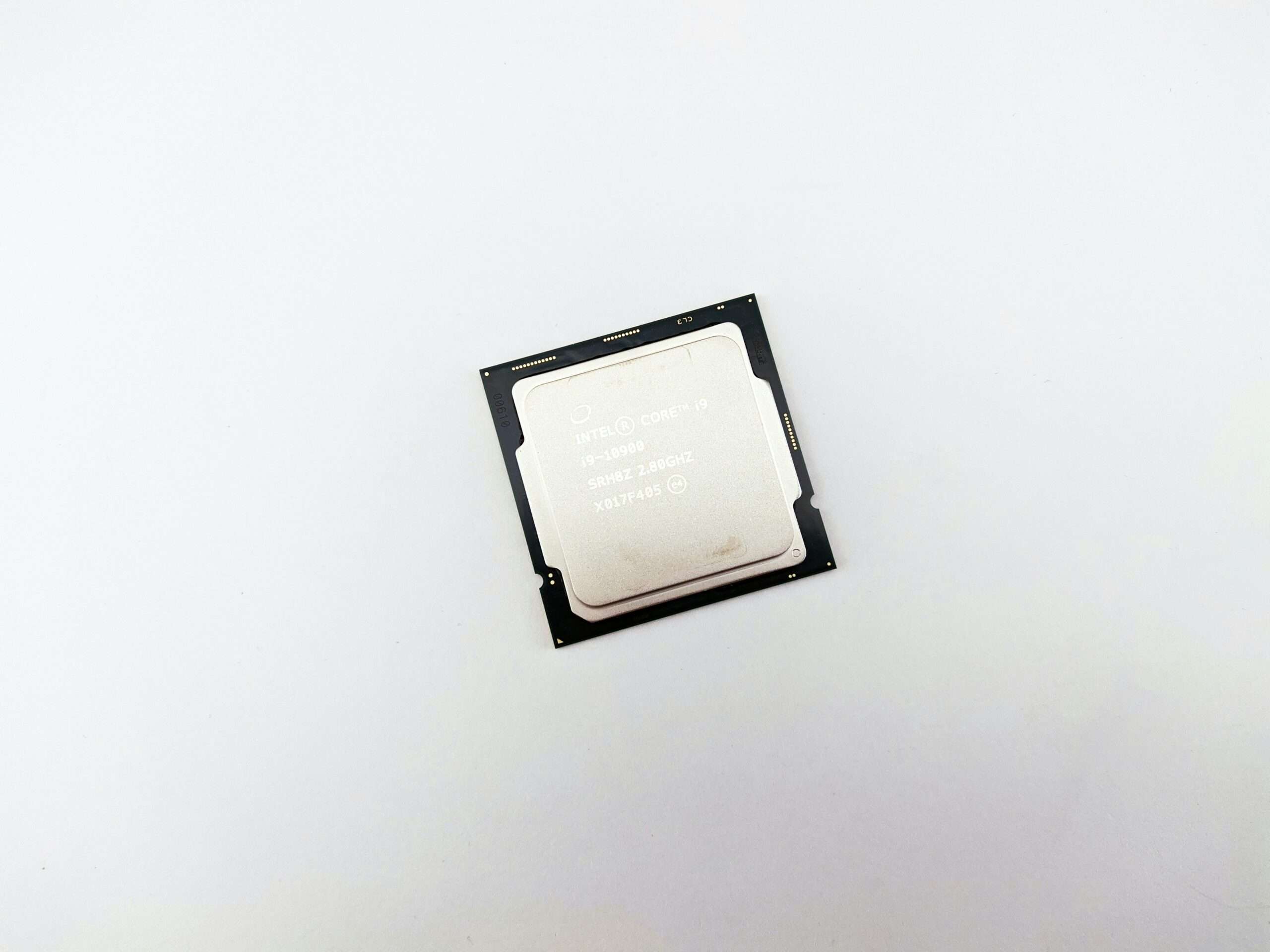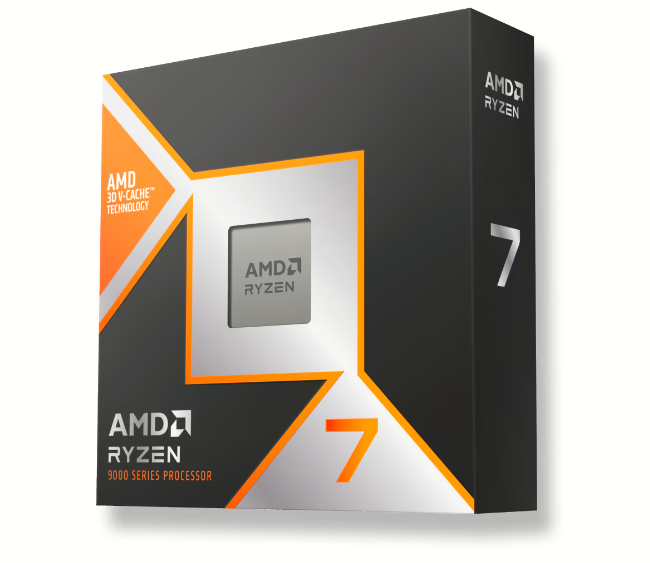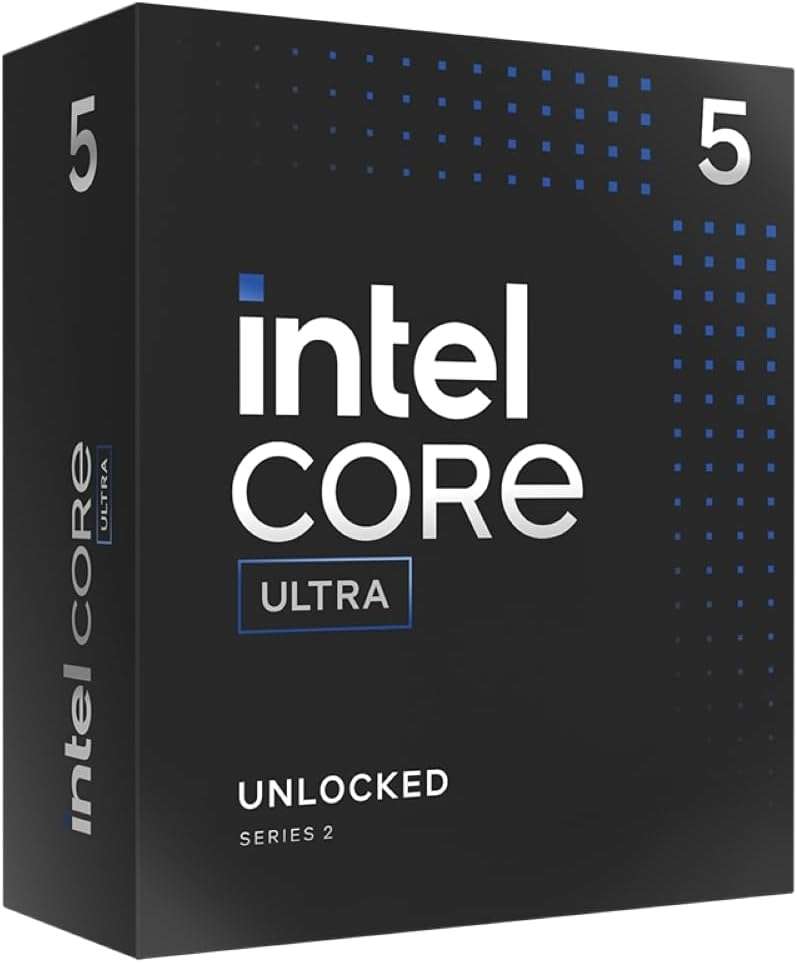For those looking to stay at the forefront of high-performance computing, today’s processor showdown between the Intel Core Ultra 9 and AMD Ryzen 7 9800X3D is essential reading. Both of these latest CPUs represent significant leaps in power and efficiency, aimed at delivering unparalleled performance to gamers, content creators, and tech enthusiasts alike.
Intel’s Core Ultra 9 brings to the table exceptional single-core strength and powerful multi-core capabilities, designed to tackle demanding tasks with ease. AMD’s Ryzen 7 9800X3D, meanwhile, leverages its innovative 3D V-cache technology to maximize gaming performance while offering efficiency across varied workloads. Each processor has a unique set of features and strengths, making them highly competitive in their own right.
Today, we’ll break down their performance across critical benchmarks. From creative workloads to gaming, power efficiency to export times, we’ll see exactly where these two CPUs stand out—and where each may hold the advantage.
Intel Core Ultra 9 vs. AMD Ryzen 7 9800X3D: Benchmarks Comparision
1. Cinebench R23: Creative Power Comparison
Cinebench R23 is widely used to measure CPU performance, especially for multi-threaded tasks such as video rendering, 3D modeling, and other intensive creative applications. Here’s how the Intel Core Ultra 9 and AMD Ryzen 7 9800X3D compare in both single-core and multi-core tests.
- Single-Core Performance: The Intel Core Ultra 9 leads with a score of 2,380, while the Ryzen 7 9800X3D follows closely at 2,086. This gives Intel a 14% advantage, especially beneficial in single-threaded applications.
- Multi-Core Performance: Here, Intel also takes the lead with a score of 24,160 compared to AMD’s 20,340, showing a 19% edge. This makes Intel the go-to choice for heavy multi-core workloads.
Benchmarks source – CPU Monkey
2. Gaming Performance: 1080p and 4K Benchmarks
Gaming is where the Ryzen 7 9800X3D shows off its 3D V-cache technology. This innovative caching improves memory bandwidth, which often translates into better frame rates in CPU-dependent games.
- 1080p Gaming: AMD pulls ahead here, with an impressive 198 FPS versus Intel’s 165 FPS, giving AMD a 20% advantage in high-refresh-rate gaming.
- 4K Gaming: At higher resolutions, AMD maintains its lead, hitting 136 FPS compared to Intel’s 110 FPS. This edge highlights AMD’s gaming optimization, especially valuable for those with powerful GPUs and high-resolution setups.
3. Power Efficiency: Peak Power Draw
Power efficiency is a key consideration, especially for those looking to balance performance with energy usage. Let’s see how these CPUs compare at peak power draw.
- Intel Core Ultra 9: At peak, Intel reaches a power draw of 300 watts.
- AMD Ryzen 7 9800X3D: AMD is more efficient here, drawing only 250 watts, making it approximately 17% more power-efficient under heavy load.
For users focused on energy efficiency or cooling solutions, AMD’s Ryzen 7 9800X3D may offer better long-term stability in high-performance scenarios.
4. Blender Render Time: 3D Rendering Efficiency
Blender is a popular open-source tool used for 3D rendering. Here, we measure how fast each CPU can complete a heavy rendering task.
- Intel Core Ultra 9: Finishing in 350 seconds, Intel delivers solid render speeds.
- AMD Ryzen 7 9800X3D: With a render time of 330 seconds, AMD offers a slight 6% edge, likely due to its cache structure. This is a beneficial result for 3D artists who prioritize faster render times.
5. Adobe Premiere Pro: Video Export Performance
For video editors, a processor’s ability to export footage quickly is essential. Let’s see how these CPUs perform in Adobe Premiere Pro, exporting a high-definition video project.
- Intel Core Ultra 9: Intel takes about 210 seconds to export the project.
- AMD Ryzen 7 9800X3D: AMD completes the export in 195 seconds, showing around a 7% speed advantage. This difference may not be significant for casual users, but for professionals handling large files, it adds up over time.
6. Geekbench 6: General Performance Evaluation
Geekbench provides a comprehensive view of single-core and multi-core performance across various workloads, simulating everyday applications and multitasking demands.
- Single-Core Performance: Intel scores 2,900 points, while AMD scores 2,700—an approximate 7% lead for Intel, beneficial in applications that focus on single-threaded performance.
- Multi-Core Performance: Intel scores 25,500, beating AMD’s 22,000 by about 16%. This makes Intel a great option for those with multi-threaded workflows, like professional video editing or software development.
Final Verdict: Intel Core Ultra 9 vs. AMD Ryzen 7 9800X3D – Which CPU is Right for You?
Intel Core Ultra 9:
- Best for: Productivity, multi-core performance, single-threaded applications.
- Why choose it? If your focus is on rendering, multi-tasking, and you often run CPU-intensive applications, Intel’s multi-core power will be hard to beat.
AMD Ryzen 7 9800X3D:
- Best for: Gaming, energy efficiency, 3D rendering.
- Why choose it? AMD’s 3D V-cache technology shines in gaming and creative tasks that rely on memory bandwidth. The efficiency boost is a plus, especially for users concerned with power consumption.
Intel’s Core Ultra 9 excels in raw productivity and heavy multitasking, while AMD’s Ryzen 7 9800X3D is more geared towards gaming and energy efficiency. Both are fantastic options, and your choice will depend on whether you prioritize gaming performance, creative workflows, or a blend of both.
This head-to-head comparison gives you a clear view of each CPU’s strengths, so you can pick the processor that best fits your needs and workload. Whichever you choose, you’re looking at top-tier performance and industry-leading technology from both Intel and AMD.
Also Read:










